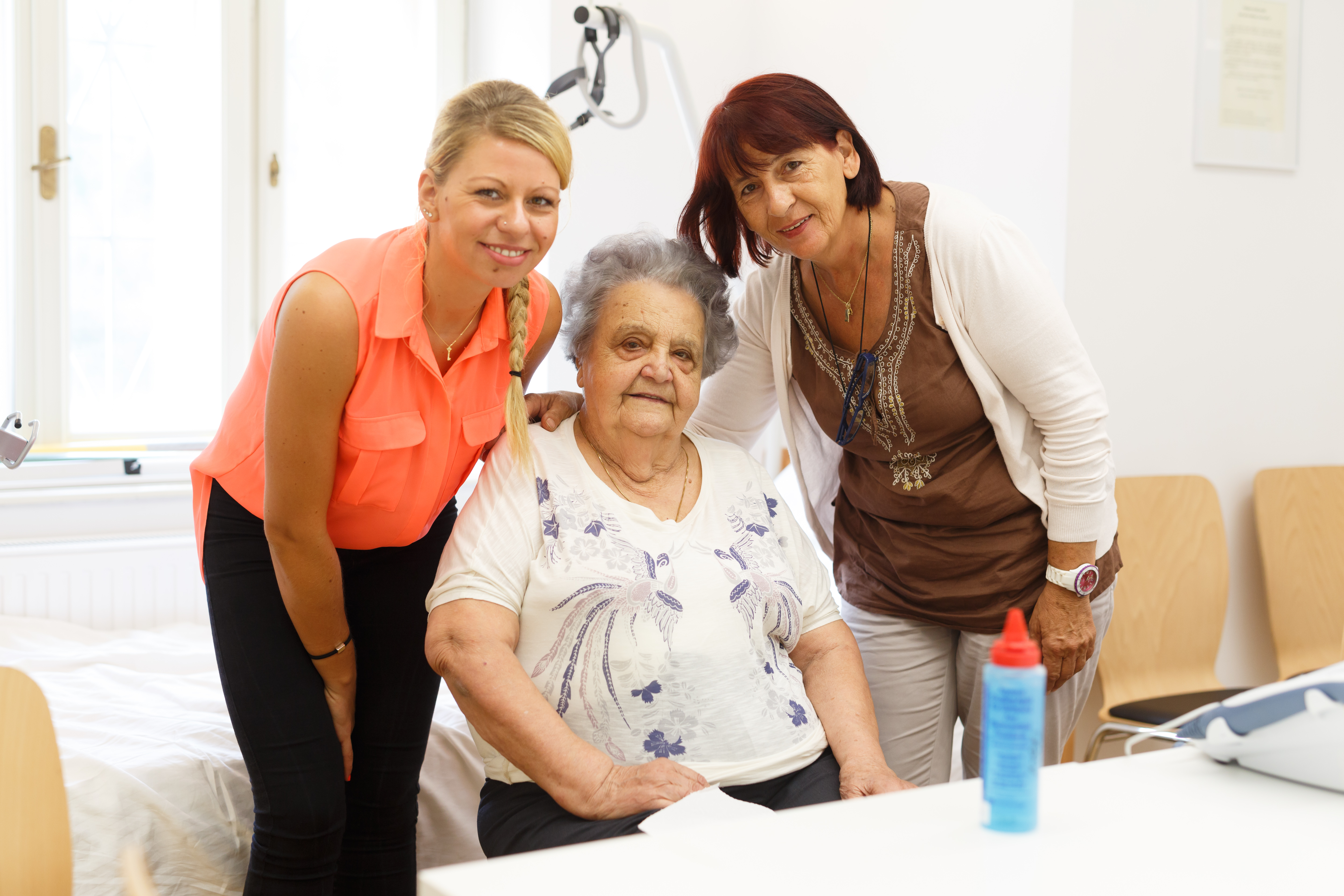Project title:
Active and quality aging in home environment
Project acronym:
A-Qu-A
Project Promoter:
Ljubljana Home care institute
Project Partners:
Partner 1: University of Primorska
Partner 2: University of Ljubljana
Partner 3: City federation of pensioners Ljubljana
Partner 4: Faculty of Design, an independent higher education institute, associate member of University of Primorska
Partner 5: Municipality of Ljubljana
Partner 6: Oslo and Akershus University College of Applied Sciences, Høgskolen i Oslo og Akershus
Project duration:
09.04.2015 - 31.12.2016
Total eligible costs of the project:
737,473.44 EUR
Project grant:
700,599.77 EUR
Programme Area:
Public health initiatives
General objective of the project:
Reduced inequalities between user groups
Project summary:
Due to a higher standard of living, better food, healthcare and the aging “baby boom” generation, the percentage of the elderly increases each year. Statistics say that by 2030 32% of the Slovenian population will be over 60 years old. The increasing percentage of elderly is an issue affecting the whole of Europe. Systemic solutions will need to incorporate all aspects, but in particular health and the social and economic aspect. Practice has shown that the users still living in their own homes, in addition to domestic care and social service, need and wish to benefit more from the following services in particular: physiotherapy, occupational therapy, speech therapy, health care and dietetics. In addition to the mentioned services, mass measurements of individuals over the age of 65 regarding their body characteristics, motor skills and functional abilities, physical activity and dietary habits will be implemented in the project. Intervention proposals to adapt their living environments will also be prepared. The Norwegian partner will primarily be involved in research and promotional activities. It’s main contribution will be design of intervention programmes intended to improve the physical efficiency and dietary habits of individuals over the age of 65 who still live in their homes. In the long-run the project hopes to initiate change at the local and national level and consequently contribute to the adoption of a specific law regulating long-term healthcare in the framework of public healthcare in Slovenia.



